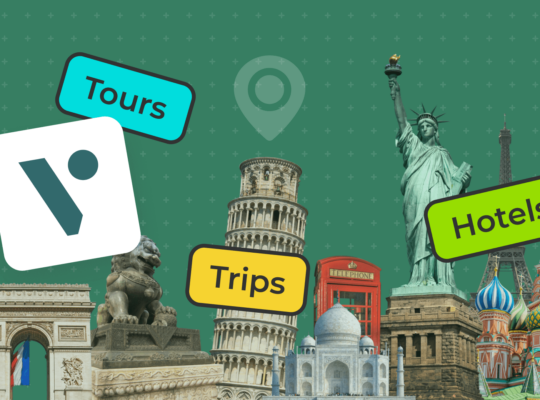In a world that's rapidly advancing technologically, it's crucial that we don't leave behind the invaluable wisdom and traditions of indigenous cultures. These communities hold a wealth of knowledge that is essential not only for their well-being but also for the betterment of the entire world. In this comprehensive exploration, we'll delve into sustainable tech solutions aimed at supporting indigenous cultures and safeguarding their ancestral wisdom. We'll uncover how technology can bridge the gap between the past and the future, fostering sustainability and preserving heritage.
Unveiling the Challenges Faced by Indigenous Cultures
Before we delve into the solutions, it's essential to understand the challenges faced by indigenous cultures. These communities are often marginalized, facing threats to their lands, languages, and traditional practices. Climate change, deforestation, and globalization have exacerbated their struggles. It's imperative that we act now to address these issues.
Harnessing Sustainable Energy Solutions
One of the most pressing concerns for indigenous communities is access to clean energy. Sustainable tech solutions, such as solar panels and wind turbines, can provide off-grid power sources. This not only improves their quality of life but also reduces their reliance on non-renewable resources.
Bridging the Digital Divide
Access to the internet is a gateway to knowledge and resources. Indigenous communities must have connectivity to benefit from the digital age. Initiatives like low-earth orbit satellites and community network projects are making this a reality.
Language Preservation and Revitalization
Language is the bedrock of culture. Tech solutions like language learning apps, transcription software, and digital libraries can aid in preserving and revitalizing endangered indigenous languages.
Sustainable Agriculture and Food Security
Indigenous cultures often have deep agricultural knowledge. Sustainable farming technologies, like precision agriculture and aquaponics, can help these communities improve food security and protect their environment.
Cultural Documentation and Preservation
Advanced recording and preservation technologies ensure that oral histories, traditional songs, and artistic expressions are safeguarded for future generations. Digital archiving and immersive storytelling platforms play a crucial role in this endeavor.
E-Learning and Education Access
Education is a path to a brighter future. E-learning platforms, equipped with indigenous-curated content, can provide access to quality education in remote areas, empowering the youth with essential skills.
Telemedicine and Healthcare
Access to healthcare remains a challenge for many indigenous communities. Telemedicine and wearable health tech can bridge the gap, offering remote healthcare services and monitoring, improving overall well-being.
Sustainable Tourism and Economic Empowerment
Tourism, when managed sustainably, can provide economic opportunities for indigenous communities. Digital platforms and sustainable tourism practices can help in this regard.
Legal Support and Advocacy
Digital platforms and databases can assist in legal advocacy for indigenous rights. These technologies provide a means to document and fight against land encroachments and human rights violations.
Final Words
Preserving indigenous cultures and their ancestral wisdom is not just a moral imperative; it's a necessity for the planet. Sustainable tech solutions can act as a bridge between ancient traditions and modernity, securing the heritage of these communities while empowering them for a brighter future.
Commonly Asked Questions
Q1: What are the key challenges faced by indigenous cultures in the digital age?
A1: Indigenous cultures face challenges such as language preservation, limited access to the internet, and the threat of cultural erosion due to globalization.
Q2: How can sustainable tech solutions help indigenous communities?
A2: Sustainable tech solutions can provide clean energy, bridge the digital divide, preserve languages, improve agriculture, offer access to education and healthcare, and much more.
Q3: What role does sustainable tourism play in supporting indigenous cultures?
A3: Sustainable tourism can provide economic opportunities for indigenous communities when managed responsibly, enhancing their quality of life.
Q4: How can technology help in legal advocacy for indigenous rights?
A4: Technology can assist in documenting and fighting against land encroachments and human rights violations, serving as a crucial tool in legal advocacy.
Q5: Why is it important to safeguard ancestral wisdom?
A5: Safeguarding ancestral wisdom ensures that invaluable knowledge and traditions are passed down to future generations, contributing to the diversity and richness of human culture.












